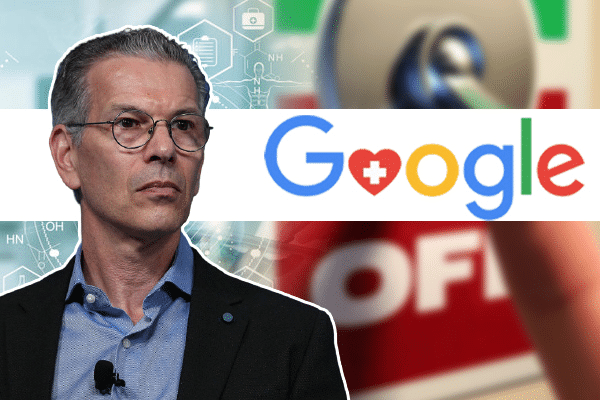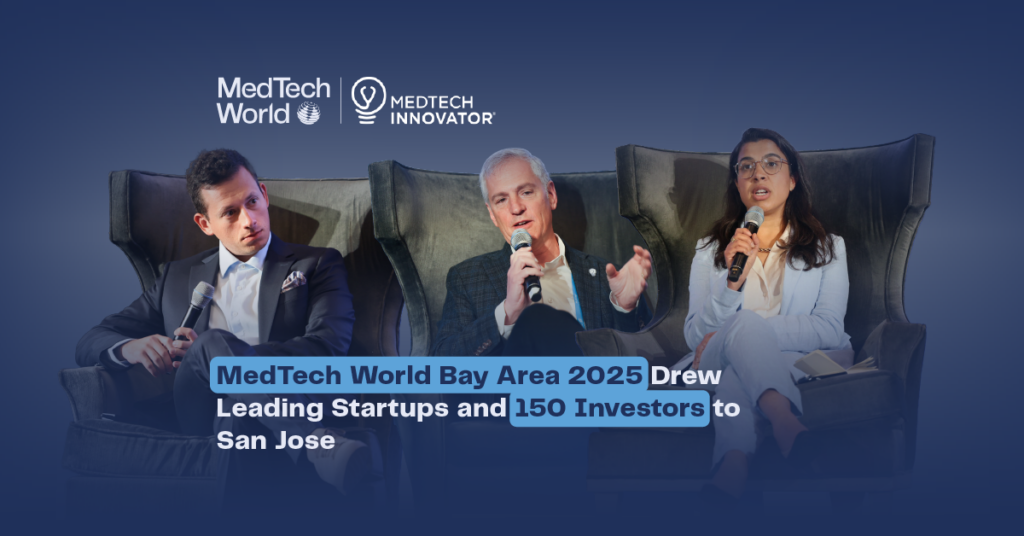
Michael Joe Cini
25th August 2021
Google Closes Health Unit Following Feinberg’s Departure
Google set to dismantle its health division following the departure of leader Dr David Feinberg.
According to a memo acquired by Insider, the tech giant will shut down its health division, which was launched in 2018, to bring its initiatives under a single umbrella. The move comes just three years after Google hired Dr David Feinberg as vice president for health.
In his role, Feinberg helped to expand the company’s reach into healthcare by helping to secure partnerships with some of the country’s major leading hospital chains including St. Louis-based Ascension and HCA Healthcare Inc. He also worked with YouTube to ensure the platform did not spread misleading information. Additionally, over the past year, Feinberg led Google’s Covid-19 initiatives creating community mobility reports to aid public health efforts and collaborating with Apple to develop exposure notification technology. He also helped Google Health’s expansion to Care Studio, a software product that helps doctors search patient records electronically.
Feinberg announced that he will be joining Cerner in October as its new president and CEO, last week.
In June, the company reassigned more than 130 employees over to its Search and newly acquired Fitbit divisions. The restructuring was aimed at improving Google Health’s effectiveness and execution speed, leaving the remaining health employees to focus on compliance, health AI and building tools for clinicians. Now, the team of 570 employees will be distributed across existing divisions including cloud business, YouTube and FitBit. Google Health’s clinical team will report to Jeff Dean the head of Google’s research organization. While Veep Yossi Matias will head its artificial intelligence team who are currently working on medical imaging.
Commenting on Google’s move to shutter the dedicated health division Jeff Becker, the principal analyst for healthcare at market intelligence firm CB Insights, told Fierce Healthcare:
“David was brought in to establish a broader aim and vision for the portfolio but other parts of the business seem to do just fine with their own niche. Maybe the more pragmatic approach is to let businesses that know those product lines verticalize them independently.”
He added, “Nest is still following its health strategy, Fitbit has its own healthcare strategy as does Google Search, and that’s on the consumer-facing side. Google Health has an enterprise health strategy while Google Cloud has an enterprise health strategy and so does Verily. Different parts of the business are still pursuing a non-unified and non-cohesive healthcare strategy.”
In a statement, a Google spokesperson said “Google deeply believes in the power of technology to improve health and wellness and we have increased our health investments across the company. This has included developing projects within Google Health, launching and expanding health-related features on Search, Maps and YouTube that reach billions of people, and welcoming Fitbit.”
“Today, health is a growing, company-wide effort and the Google Health name will continue and encompass our projects that share the common purpose to improve global health outcomes,” the spokesperson said.
Google Health’s Rocky Past
Google’s ambitious and sometimes controversial push into healthcare has been quite tumultuous despite the company’s endless resources. In fact, the company has little to show for its health division’s three-year run. This is also not the company’s first foray into the health sector. Back in 2012, Google launched a personal health record service also called Google Health which closed after just four years in operation. Google isn’t the only major tech brand to struggle to rebrand as a health tech company. Haven the joint venture formed by three of America’s most powerful companies Amazon, Berkshire Hathaway and J.P. Morgan Chase to lower healthcare costs for employers, closed its doors back in January after being active for three years. While Microsoft HealthVault, the company’s personal health records business launched in 2007 but ultimately closed down in 2019 because of low adoption.
What’s Next
Despite the lack of a unified division, the California-based company will still make health a priority by continuing to ramp up investment in the space. Google defended the reshuffle by stating that grouping its health projects closer to product areas will aid the impact of the company’s initiatives and better support earlier-stage research and projects. The company will continue to focus on its bigger initiatives such as AI-powered clinical diagnosis tools, an EHR search tool, and a health data analytics platform.
Med-Tech World: 18th-19th November 2021
The Med-Tech World conference, which follows a successful digital event in 2020, will run from 18th-19th November 2021 and will highlight innovations and developments in digital health across the globe. With so many countries realising the potential for exponential growth, Med-Tech World will address the opportunities and challenges driving this multi-million forum – embracing the potential for technological innovation to change the face of medicine in this global sector. Register your interest here!




